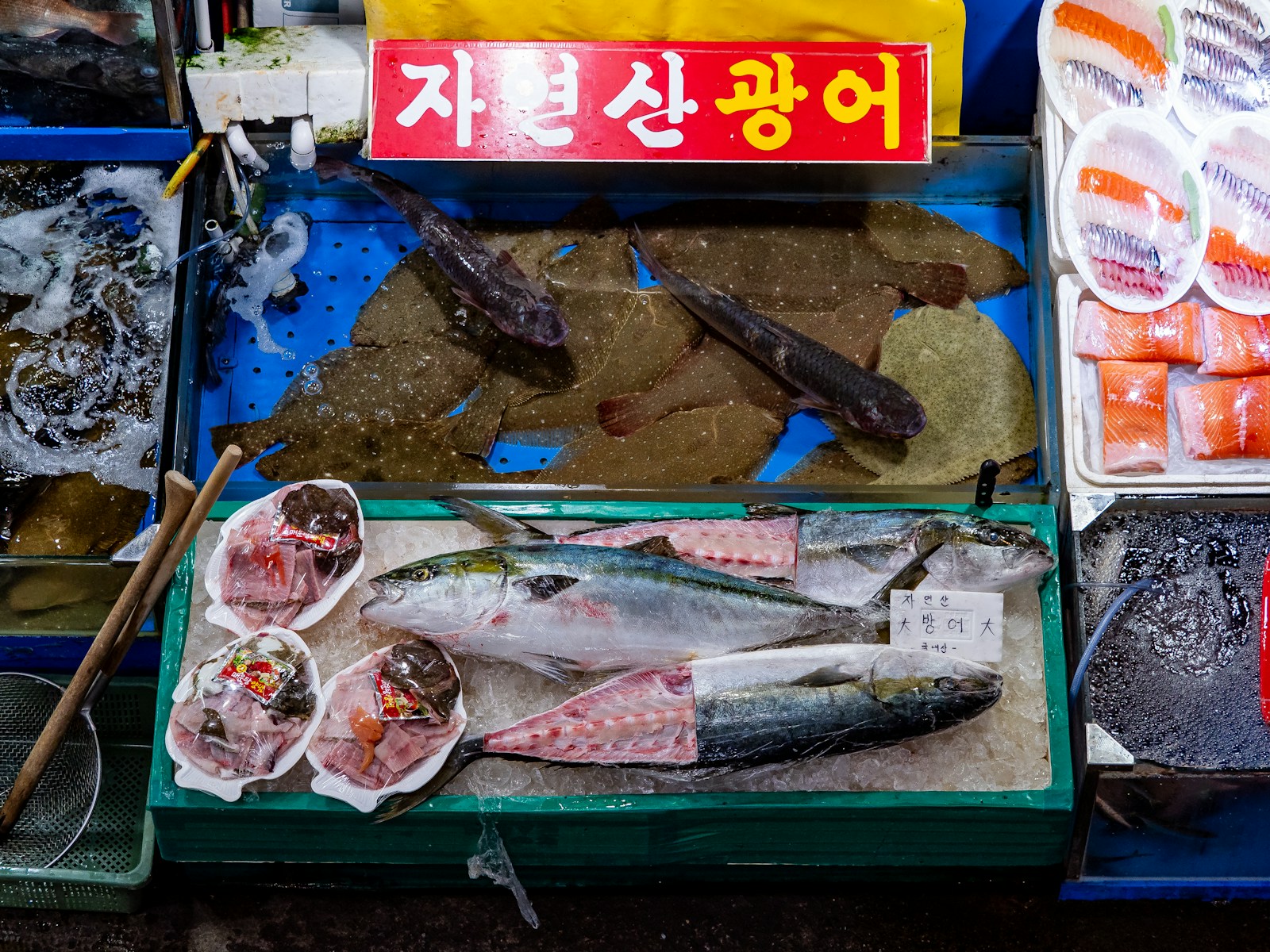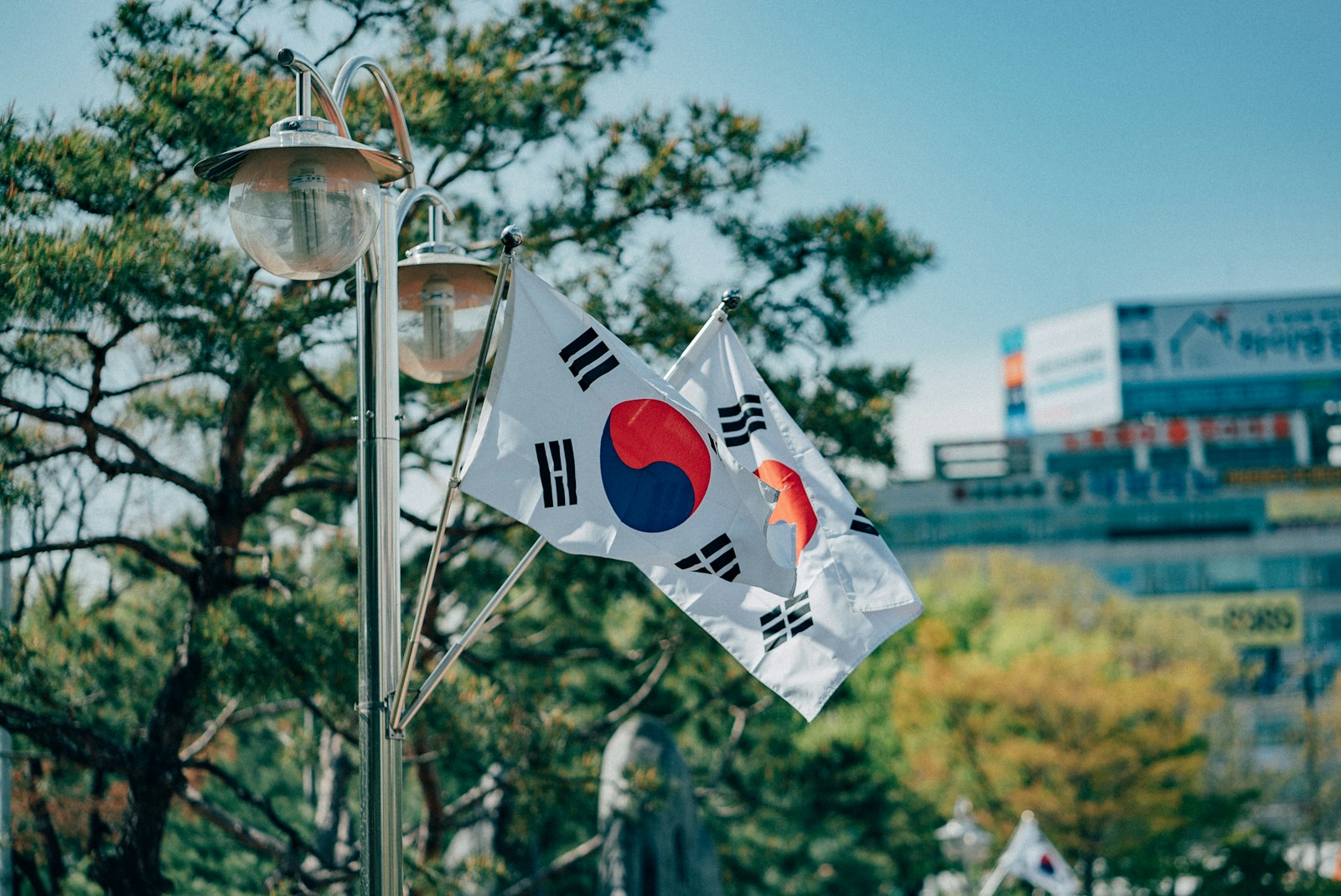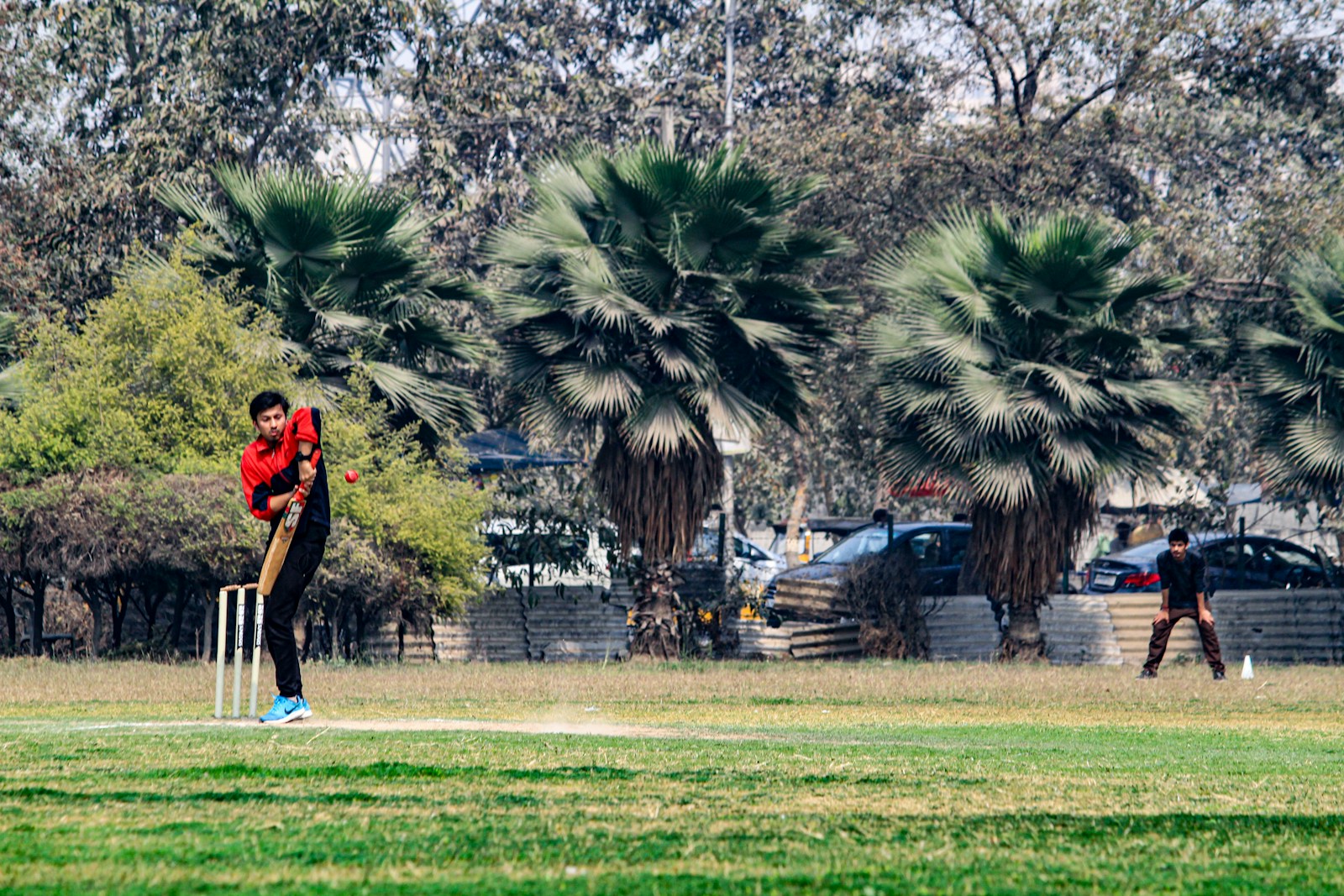Gastrodiplomacy: Can South Korea's Culinary Ambitions Succeed Where Traditional Diplomacy Fails?

By Saerom Kim and Minwoo Jung
In the rigid, formal world of international relations, power is traditionally measured in military strength and economic output. Diplomats negotiate treaties, leaders hold summits, and nations jockey for position within institutions like the UN. But a newer, subtler form of influence is increasingly taking center stage, one that is wielded not in embassies, but in kitchens and restaurants around the world. This is the world of "gastrodiplomacy," and for a nation like South Korea, it has become a secret weapon. As the global appetite for Korean food—Hansik—explodes, it begs the question: can food achieve what formal diplomacy cannot?
From a cultural perspective, as Saerom has observed from her post in the American South, the spread of Korean food is a grassroots phenomenon. It's not happening because of government communiqués, but because of the addictive crunch of Korean fried chicken, the savory depth of a bubbling soondubu-jjigae, and the cinematic appeal of a character slurping jjajangmyeon in a K-drama. Food is a culture's most accessible ambassador. It requires no translation and bypasses political and ideological divides. Sharing a meal is a universal act of communion, and every Korean restaurant that opens in a foreign city becomes a small, informal embassy, creating a positive and deeply personal connection to a culture that might otherwise feel distant.
This connection creates what political analysts like Minwoo call "soft power"—the ability to influence others through attraction rather than coercion. A nation with strong soft power finds it easier to attract tourists, sell its products, and find friendly partners on the world stage. For South Korea, a middle power navigating a complex geopolitical neighborhood, this is not a trivial asset. The government has recognized this, actively promoting Hansik globally through cooking classes, food festivals, and support for Korean chefs abroad. The goal is to build a reservoir of goodwill that can be drawn upon in times of political or economic tension. When people have a positive association with your country's food, they are more likely to view your country, and its policies, in a favorable light.
However, we must be realistic about the limits of this power. The warm feelings generated by a delicious plate of bulgogi are unlikely to resolve a major trade dispute or deter a military threat. Soft power is a long-term investment, not a short-term crisis management tool. It creates a favorable atmosphere for diplomacy; it does not replace it. Furthermore, there is a risk of what analysts call "auto-orientalism," where in the rush to market a neat and tidy version of our cuisine, we oversimplify it, creating a caricature that meets foreign expectations rather than reflecting the true diversity and complexity of our foodways.
Ultimately, gastrodiplomacy is a powerful but supplementary tool in a nation's diplomatic arsenal. It cannot solve intractable geopolitical problems on its own. But in an era where public perception is increasingly shaped by cultural experience, it is an indispensable way of building bridges. It fosters a sense of familiarity and shared humanity that can make the hard work of traditional diplomacy just a little bit easier. The dinner table cannot replace the negotiating table, but it can certainly make the conversation more fruitful.



